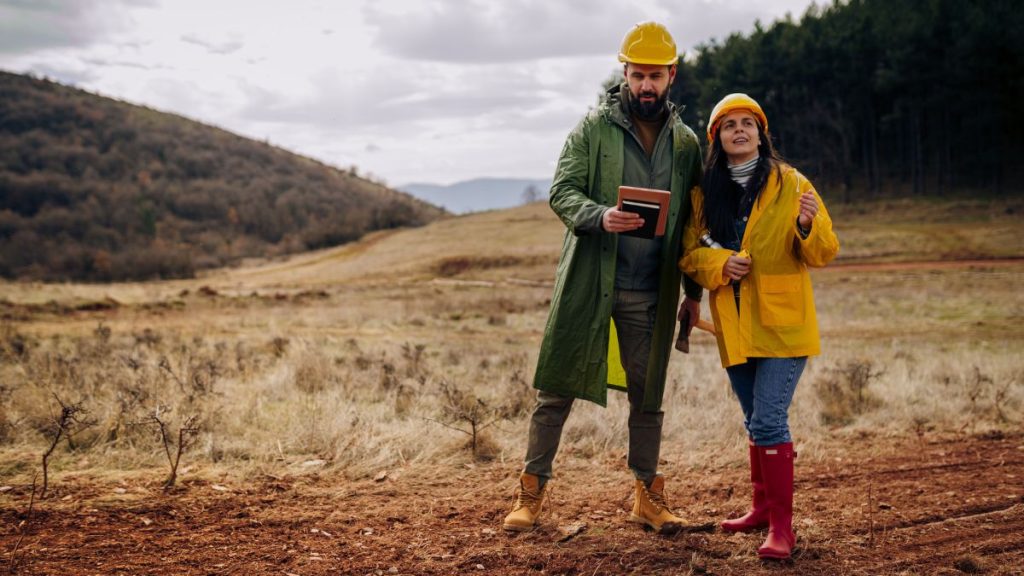Park Rangers monitor, preserve, and maintain parks, scenic areas, historic sites, nature reserves, recreation areas and conservation reserves. They work on the ground to implement conservation policies, educate visitors, and enforce relevant laws and regulations. They also play a crucial role in protecting native flora and fauna while managing visitor activities.
If you’re passionate about conservation and education, love being outdoors, and are great at communicating, this could be an ideal career to explore further.
What skills do I need as a park ranger?
- Excellent communicator
- Physically fit & resilient
- Environmentally aware
- Customer service oriented
- Problem-solving abilities
- Project management skills
- Leadership capabilities
- Safety consciousness
What does the job involve?
- Patrolling and monitoring natural areas
- Managing invasive species and pests
- Protecting endangered species
- Maintaining park facilities and assets
- Managing fire and flood control
- Working with indigenous communities
- Enforcing park rules and regulations
- Conducting educational programs
- Writing reports and maintaining records
What industries do park rangers typically work in?
- Agriculture, Forestry & Fishing
- Public Administration & Safety
- Arts & Recreation Services
What Career Cluster do park rangers belong to?
Park rangers are dedicated to protecting our safety and wellbeing, so they make excellent Guardians. They often work alongside Makers who maintain park facilities, and Informers who help educate the public about conservation.
What kind of lifestyle can I expect?
Working as a park ranger often means spending lots of time outdoors in all weather conditions. You may need to live in remote areas and be comfortable working independently or in small teams.
Most park rangers can expect to earn an average salary, though this varies with experience and location.
Many park rangers work full-time, and you’ll likely need to work on weekends, holidays and sometimes nights.
How to become a park ranger
While formal qualifications aren’t always required, many employers prefer candidates with relevant education. This could include a vocational qualification in conservation or ecosystem management, or a university degree in environmental management or science.
Practical experience through volunteering or seasonal work is highly valued in this field. You’ll also need a driver’s license and may benefit from first aid certification or other relevant qualifications.
What can I do right now to work towards this career?
If you’re in high school and interested in becoming a park ranger, here are some steps you can take:
- Focus on subjects like Sciences, English, and Mathematics.
- Find work experience at a relevant organisation, such as your local council or land management body.
- Develop outdoor skills like hiking, navigation, and plant identification.
- Get involved with environmental groups or programs at school or in your community.
Where can I find more information?
You can learn more about careers as a park ranger through these organisations:
- International Ranger Federation
- Australian Ranger Association
- Rangers of Aotearoa New Zealand
- Countryside Management Association (UK)
- European Ranger Federation
- Association of National Park Rangers (US)
- Parks Canada
Similar careers to park ranger
- Conservation Officer
- Disaster Management Officer
- Environmental Scientist
- Zookeeper
- Tour Guide
- Climate Scientist
- Marine Biologist
- Wildlife Biologist
Find out more about alternative careers on our Job Spotlights page.


